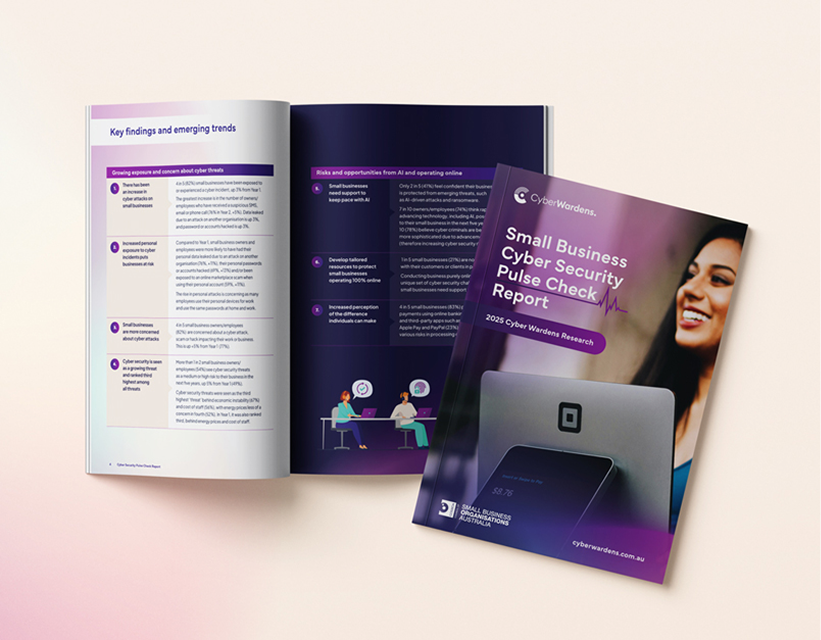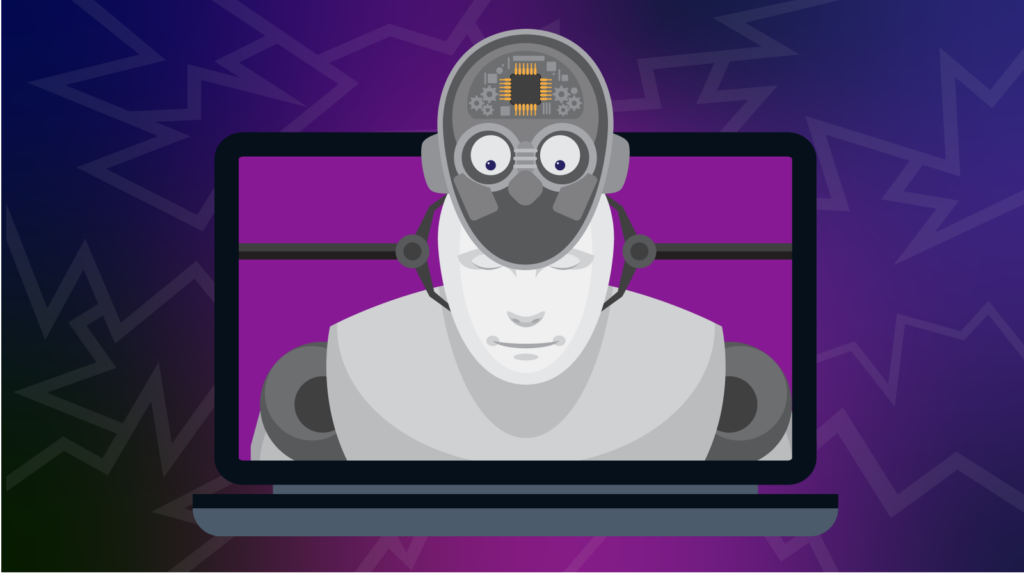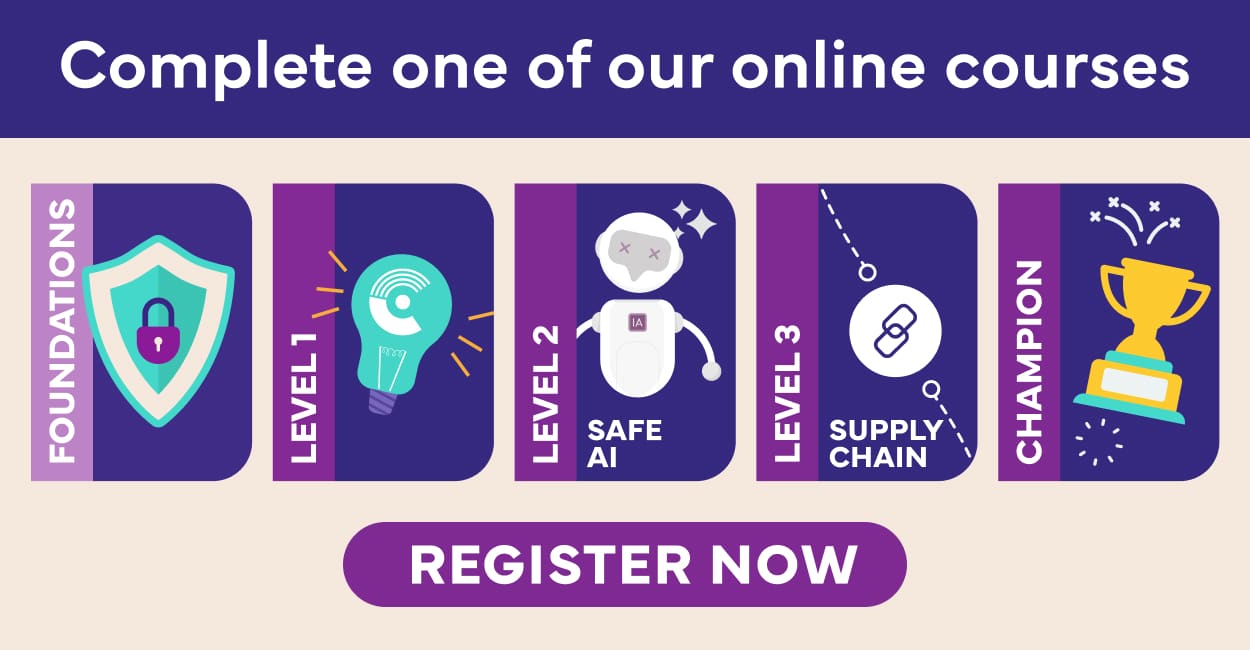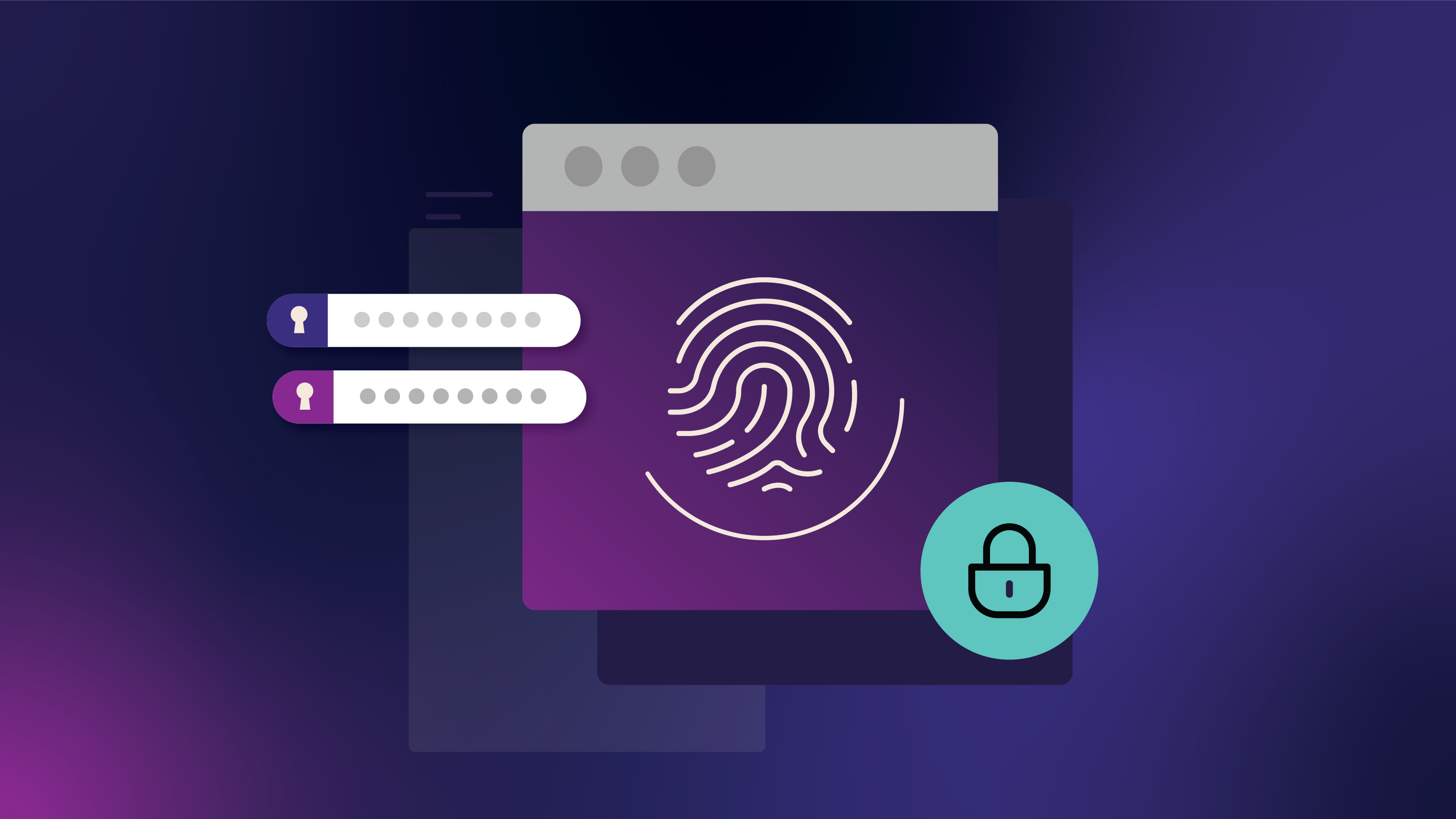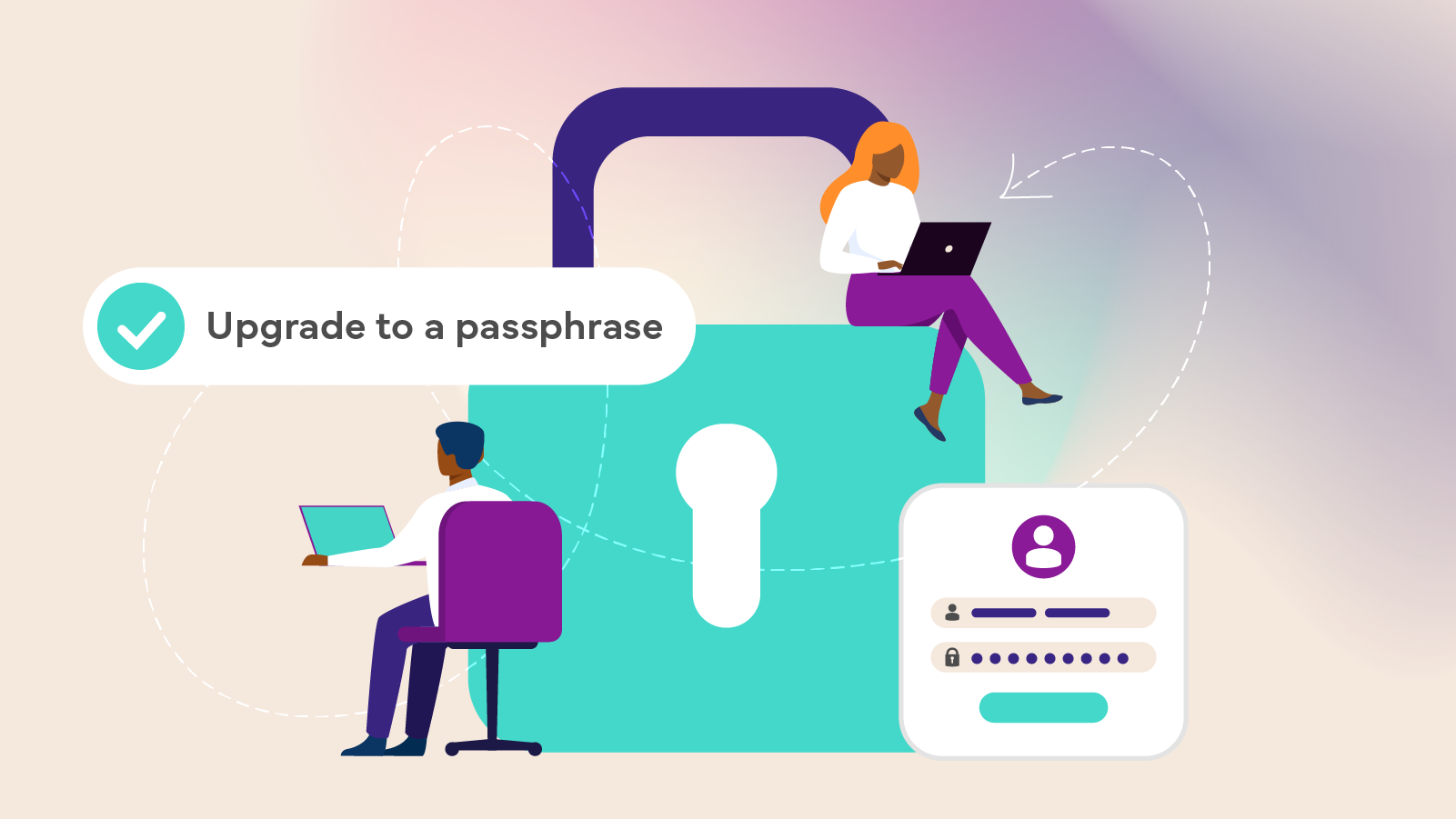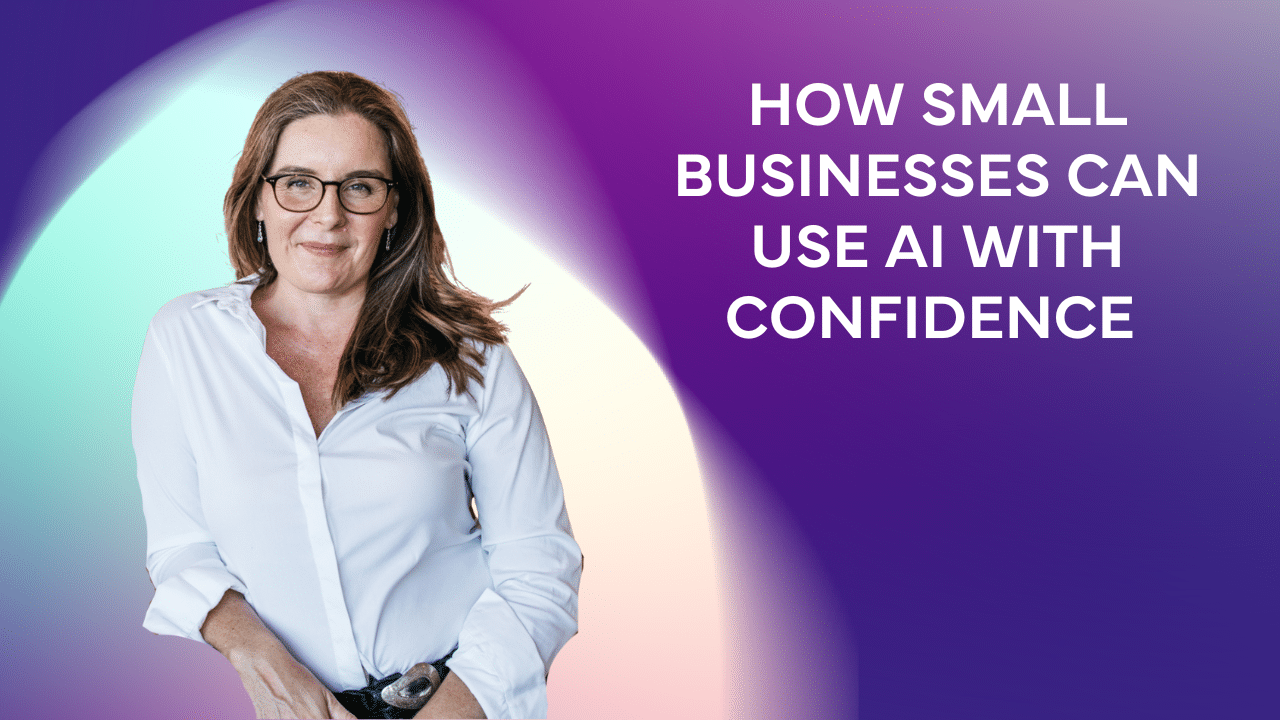Cyber criminals used to rely on clumsy email scams and dodgy links. Now, they’ve got artificial intelligence (AI) on their side, and they’re using it to make their scams smarter, slicker, and harder to spot. Welcome to the next generation of social engineering, where the hack doesn’t target your tech, it targets your trust.
What is social engineering and how is AI changing the game?
Social engineering is the art of tricking people into handing over sensitive information or taking risky actions, like clicking malicious links or transferring money.
Traditionally, scams relied on urgency and impersonation, such as the fake “Hi Mum” text or a call from a “bank rep” asking to confirm your details. But now, AI is levelling up the scam playbook. Think hyper-personalised phishing emails, AI-generated voices in phone scams, and even deepfake videos that appear frighteningly real. AI can mine your online presence, mimic how you speak, and tailor messages to sound like they’re from someone you know.

How AI fuels manipulation
So what can it look like? Scammers now use AI to:
- scrape social media data to personalise attacks
- create convincing fake messages with near-perfect grammar
- impersonate voices or identities using deepfake audio and video
- automate scam campaigns on a scale that’s hard to keep up with.
For small businesses, this means a higher risk of falling for fake supplier invoices, fraudulent “urgent” requests from fake executives, or compromised client data.
How to outsmart AI-enhanced scams
Luckily, humans can be pretty smart too. Here are some tips on how to stay ahead:
- Think before you click: Verify any unexpected messages - especially ones that sound urgent or ask for sensitive info.
- Enable multi-factor authentication: Even if your password is compromised, MFA adds an extra layer of protection.
- Train your team: A well-informed employee is your best defence. Encourage your whole team to complete the Cyber Wardens training.
- Limit what you share online: The less info scammers can find, the harder it is for them to tailor their attacks.
Smarter scams need smarter defences
AI might be changing how scams are carried out, but the goal is the same: to manipulate people. But you can build a cyber-resilient business that stays ahead of the curve.

Start by building a “human firewall”by training your team to recognise social engineering in all its sneaky forms. Keep policies updated, especially around data access and financial approvals. As AI threats grow more sophisticated, consider future-proofing with tools like AI-powered email filters, scam detection software, and even dark web monitoring to alert you if your data turns up somewhere it shouldn’t.
Most importantly, build a culture where cyber safety is part of the everyday, not just an IT thing. That means regular check-ins, shared responsibility, and staying informed about emerging threats.
Want to give your cyber smarts a boost? Enrol in the free Cyber Wardens training program. Staying informed is your best firewall.
